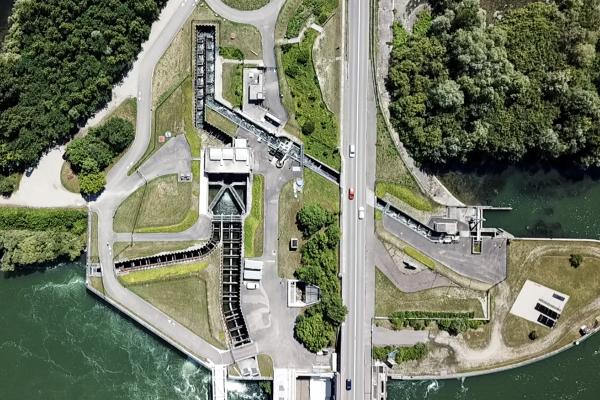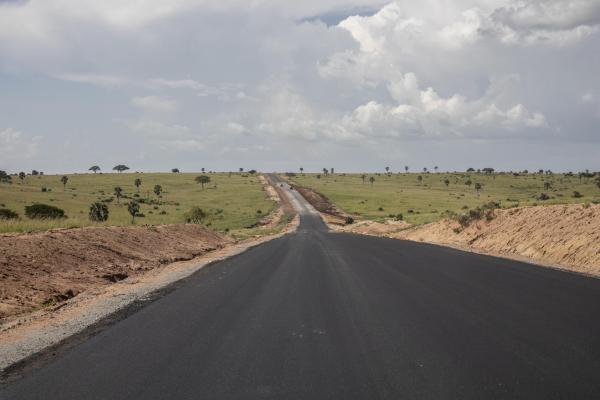Amanda Cox is an American journalist and executive editor of data journalism at Bloomberg News.
Previously she was head of special data projects at USAFacts. Until January 2022 she was the editor of the New York Times data journalism section The Upshot. Cox helps develop and teach data journalism courses at the New York University School of Journalism?
Prior to The New York Times, Ms. Cox worked at the Federal Reserve Board from 2001 to 2003.
She was awarded the National Design Award in 2009 and the Excellence in Statistical Reporting Award from the American Statistical Association in 2012. Ms. Cox received a bachelor’s degree in math and economics from St. Olaf in 2001 and a master’s degree in statistics from the University of Washington in 2005.
Amanda has previously mentored several teams of Journalismfund grantees, but is currently not available for new mentorship projects due to her work commitments.



